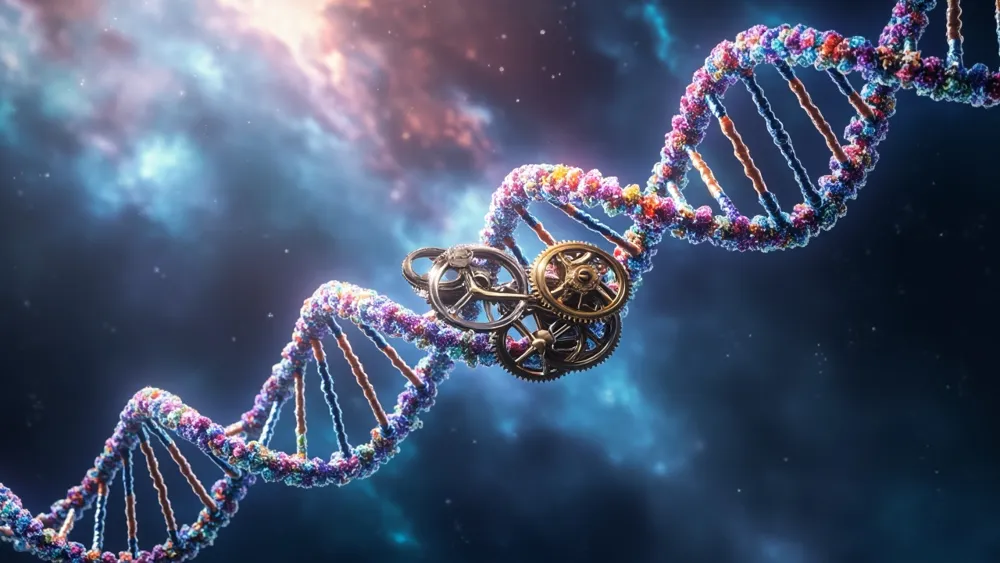The Science of Time: Unlocking Genetic Mysteries

Understanding time in science is crucial because it shapes our perception of reality and influences advancements in various fields, from physics to genetics. The recent milestone in genetics that decodes Mendel's pea experiments bridges over a century of inquiry, reminding us that the quest for knowledge – much like the measurement of time – consistently unfolds through layers of discovery, shaped by our cultural and technological contexts.
In scientific terminology, time is often treated as a linear progression, standardly measured in seconds, minutes, and hours. However, in the realm of physics, concepts like time dilation, as seen in Einstein's theory of relativity, challenge our understanding of time. Time dilation suggests that time isn't constant and can be affected by speed and gravity – essentially, time can stretch or contract depending on one's frame of reference. By analogy, imagine a rubber band: when you pull it, it stretches, and in such states, events appear elongated or compressed. For instance, astronauts aboard the International Space Station experience slight time dilation, effectively aging just a tiny bit slower than people on Earth.
Moreover, let’s consider practical applications of time in research. The recent genomic study that decoded Mendel's principles highlights how understanding the timing of genetic expression can correlate with agricultural advancements. Just like a clock regulates our actions, timing governs gene expression, which can influence characteristics such as plant height or flower color in peas. This illustrates why comprehending time at a molecular level can open fascinating avenues for innovation in crop breeding. As this is a rapidly evolving field, what further complexities might we uncover as we explore the interaction of time with genetic mechanisms?
The exploration of time in science, much like Mendel’s interpretation of genetics, encourages us to reflect on how foundational concepts of existence interlace with technological progress. To deepen your understanding, consider delving into texts on quantum physics or relativity, or look at emerging research in genetics and bioengineering. These prospects can unveil not only how we think about time but also how this understanding can influence our future.
Read These Next

Apple TV 4K: A Fusion of Entertainment and Communication
Apple's new TV 4K with a built-in camera enhances communication and entertainment integration, leveraging its ecosystem's strength while raising privacy concerns.

2026 Nissan Patrol Nismo Unveiled: High-Performance SUV
The article discusses the 2026 Nissan Patrol Nismo, showcasing its high-performance features and design changes as it moves into production, specifically targeting the Middle Eastern market.

Li Guoqing's AI Embrace After Personal Turmoil
Li Guoqing's announcement to enter the AI space post-divorce introduces a critical moment for both personal reinvention and corporate strategy in a changing tech landscape.
